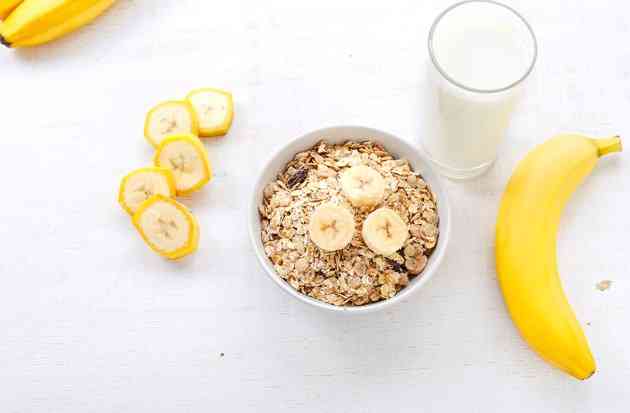Does Eating Avocados Lower Blood Pressure?

Having high blood pressure -- a condition that afflicts 31.3 percent of U.S. adults, according to the Centers for Disease Control and Prevention -- can lead to serious consequences, such as increased risk of heart disease, stroke and kidney disease. Avocados are a good source of potassium, which can help lower blood pressure. But be careful about how much you consume because they're high in calories.
 Eating avocados may help reduce heart disease risk. (Image: olgakr/iStock/Getty Images)
Eating avocados may help reduce heart disease risk. (Image: olgakr/iStock/Getty Images)Good Source of Potassium
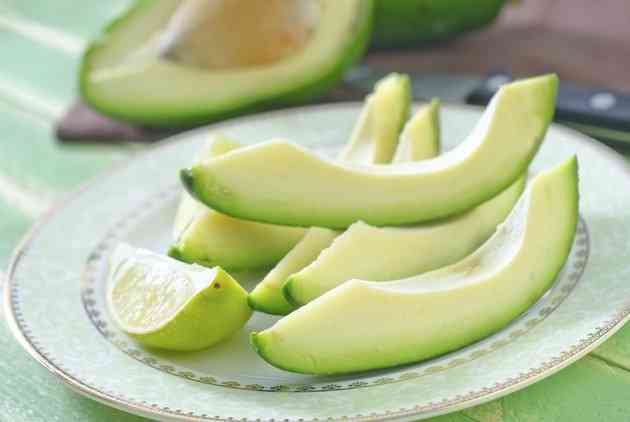 Sliced avocado (Image: tycoon751/iStock/Getty Images)
Sliced avocado (Image: tycoon751/iStock/Getty Images)You probably need to increase the potassium in your diet because most Americans barely consume half of the recommended intake, according to a September 2012 report published by the Food Surveys Research Group. Getting enough potassium is vital for several reasons: It regulates your heart beat, keeps muscles and nerves working, and it helps lower blood pressure. It also offers the added benefit of working opposite sodium, so it counterbalances sodium's ability to increase blood pressure. One cup of avocado slices supplies 708 milligrams of potassium. The recommended intake is 4,700 milligrams daily, so you'll get 15 percent of your daily requirement from a 1-cup serving.
Provides Healthy Monounsaturated Fats
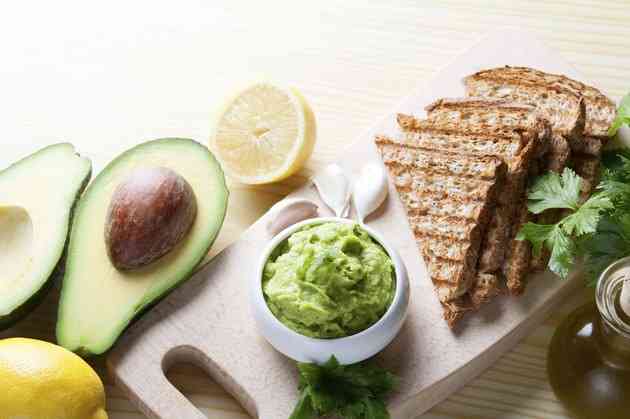 Avocado (Image: BriArt/iStock/Getty Images)
Avocado (Image: BriArt/iStock/Getty Images)Your body needs some dietary fat, but you should limit your total fat intake to 20 to 35 percent of your daily calories. As much as possible, avoid saturated and trans fats, which raise cholesterol, Instead, fill your daily intake with healthy unsaturated fats. Replacing saturated fats with monounsaturated fats may help lower your blood pressure, according to the February 2006 issue of the "American Journal of Clinical Nutrition." One cup of avocado slices has 21 grams of total fat, which includes 14.3 grams of monounsaturated fat and 3 grams each of saturated and polyunsaturated fats.
Boost of Fiber
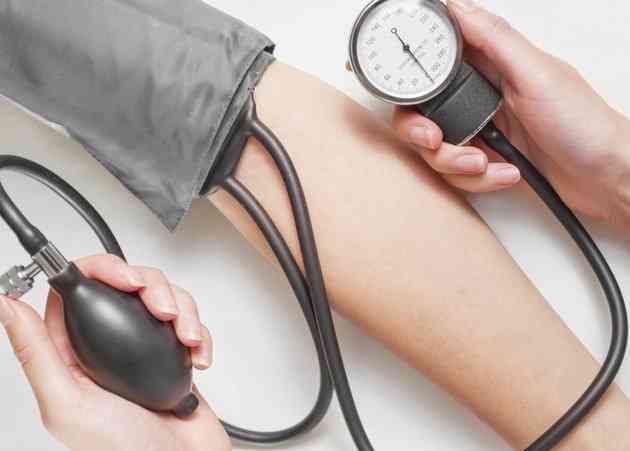 Blood pressure (Image: Remains/iStock/Getty Images)
Blood pressure (Image: Remains/iStock/Getty Images)Insoluble fiber is best known for it's ability to keep your digestive tract regular, while soluble fiber protects your cardiovascular health by reducing cholesterol. The Linus Pauling Institute reports that dietary fiber may also help lower your blood pressure. Avocados are a robust source of fiber, as 1 cup of sliced avocado contains 9.8 grams of fiber. This amount provides 39 percent of women's recommended intake of 25 grams daily. Men get 26 percent of their daily fiber requirement of 38 grams. If you're not used to consuming that much fiber, add it to your diet gradually to avoid side effects such as gas and diarrhea.
Watch the Calories
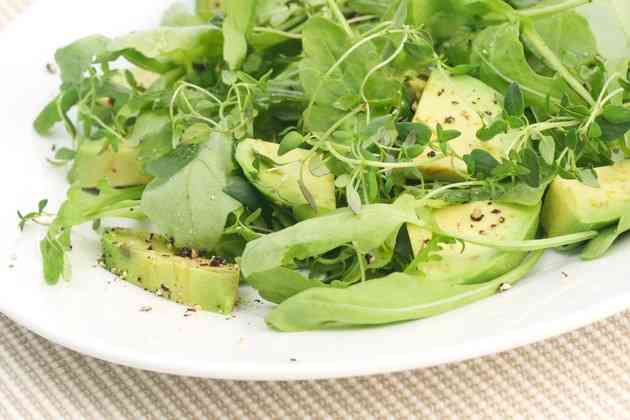 Salad with avocado (Image: Sabina Schaaf/Hemera/Getty Images)
Salad with avocado (Image: Sabina Schaaf/Hemera/Getty Images)In spite of their health benefits, avocados are high in calories, so watch the amount you consume. One cup of avocado slices contains 234 calories, with about 80 percent of the calories coming from the total fat. If the avocados are part of a meal, such as a salad, and you include the calories as part of your daily calorie goals, then you won't have to worry about potential weight gain. However, this serving has double the calories recommended for a healthy snack, according to MedlinePlus. If you consume excess calories from avocados, they may cause you to gain weight, which negates their benefits because extra weight can increase blood pressure.

